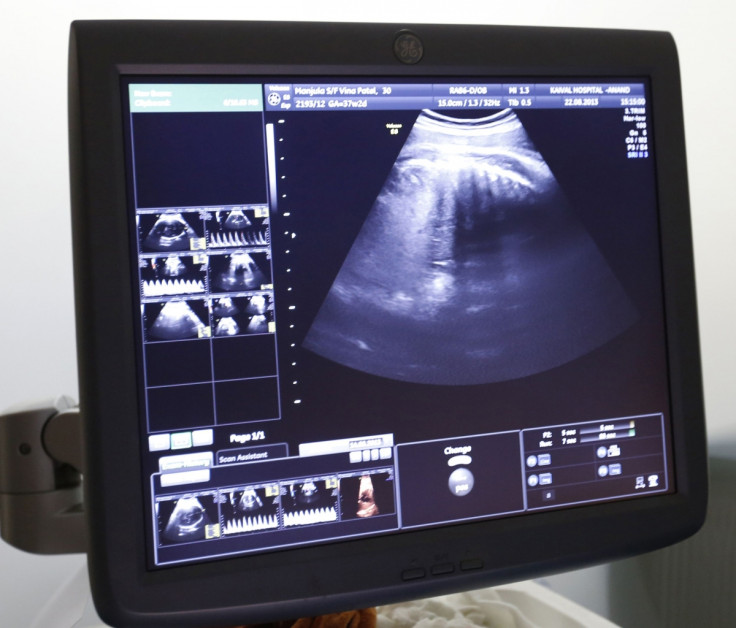IVF Success Rate Gets Boost from New Method
A new procedure improves the rate of establishing successful IVF pregnancies

Researchers at Peking University, Beijing, and Harvard University claim to have developed a gene mapping method that could increase the success rate of test tube baby technology.
The team of researchers say that genetic code mapping of fertilised eggs could double the chances of a healthy embryo, thereby raising the probability of producing test tube babies.
The research published in the journal Cell suggests that the new method could double the success of in vitro fertilisation (IVF) from 30% to 60% or even more.
IVF is a process in which an egg is fertilised by a sperm outside the woman's body in a liquid medium in a laboratory; the fertilised egg is then transferred to the uterus for establishing pregnancy. The method often comes with the risk of miscarriage or genetic problems in the embryo.
The new procedure aims at improving the rate of establishing successful pregnancies. This involves screening of the egg's DNA for any abnormalities before it is fertilised or implanted in the uterus.
"Screening in in vitro fertilisation (IVF) enables accurate and cost-effective selection of normal fertilized eggs for embryo transfer," the researchers said in their paper.
The trial of the method has started in China, and according to researchers, the procedure offers hope to older women as well as to women with repeated failure of IVF.
"In this paper we have a proof of principle - the clinical trial has already started. It does offer hope to women with repeated failure of IVF," lead researcher, Jie Qiao of Third Hospital, Peking University, told the BBC.
"Theoretically, if this works perfectly, we will be able to double the success rate of test tube baby technology from 30% to 60% or even more," he added.
© Copyright IBTimes 2024. All rights reserved.






